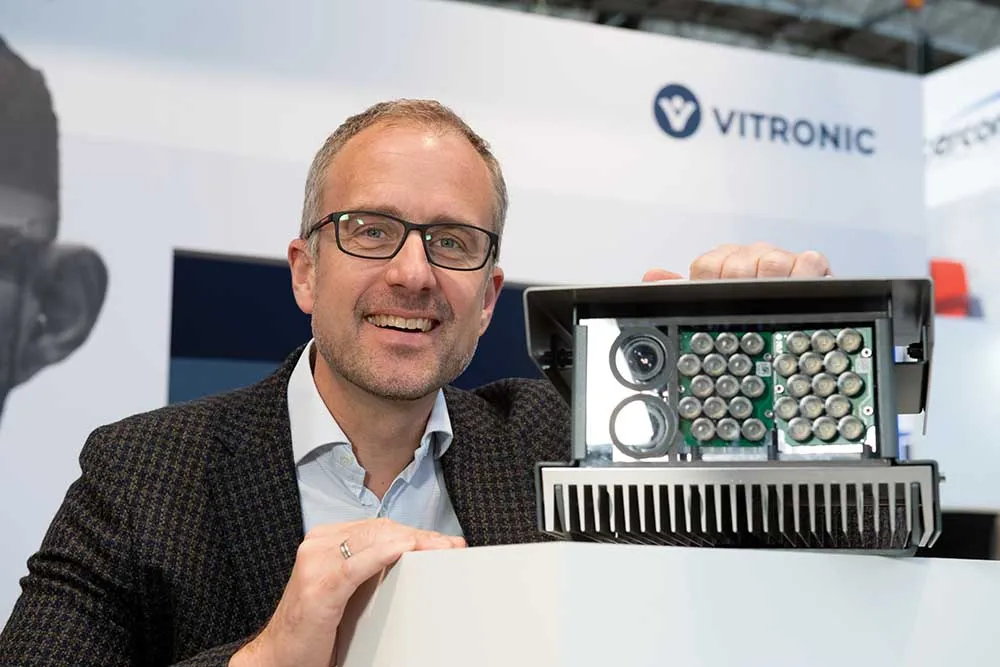
Matsur says the platform is a multifunctional solution to ITS-related issues, providing a single technical means for traffic control and management, parking control, traffic violations monitoring, etc. All functions are automatic and don't require human involvement. The system is highly versatile and scalable from a single junction, to a district, city, region, or even a country.
The technical basis of the system consists of underground antenna readers as well as electronic licence plates to replace standard government-issued ones. A new licence plate can serve both as a unique identification device for the vehicle/driver, since it contains the necessary data, and, for example, as an electronic wallet to pay for different services, such as toll road usage or parking.










